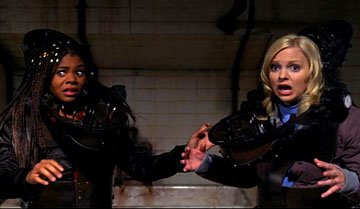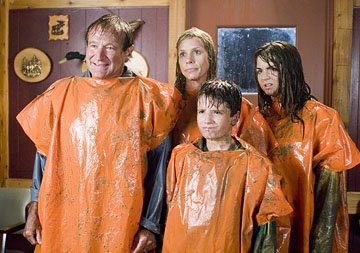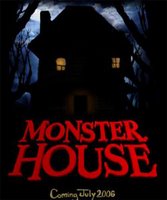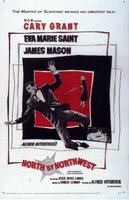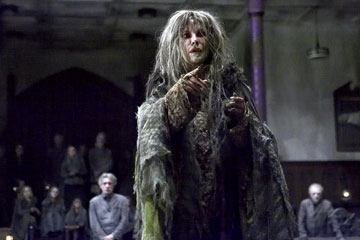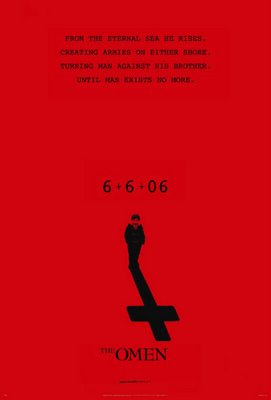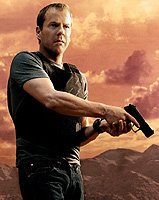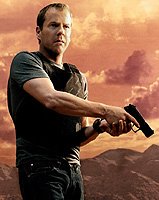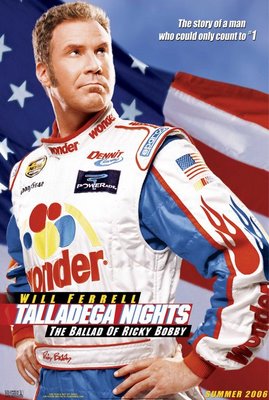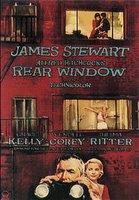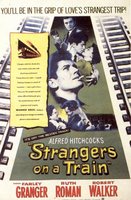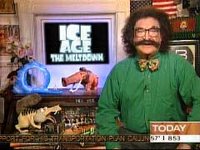Source: Comingsoon.netAfter earning nearly $19 million on Good Friday, Dimension Films' comedy
Scary Movie 4, which spoofed movies like
War of the Worlds and
The Grudge, grossed an estimated $41 million over the Easter weekend. That was a smaller opening than
Scary Movie 3 and not enough for it to top Adam Sandler's April opening record-holder
Anger Management, but it is the highest opening movie ever to open over the Good Friday/Easter weekend, averaging more than $11 thousand per theatre in roughly 3,600 theatres nationwide.
20th Century Fox's animated hit
Ice Age: The Meltdown, currently the #1 opening and grossing movie of 2006, dropped down to second place with an impressive third weekend of $20 million, bringing its total gross to $147 million.
Sony's madcap baseball comedy
The Benchwarmers, starring Rob Schneider, David Spade and Jon Heder, dropped 49% in its second weekend, taking third place with $10 million. It has grossed almost $36 million in its first ten days.
Disney offered up their own computer animated family film,
The Wild, to try to compete with "Ice Age," but it fell short, earning less than $9.6 million over the Easter weekend in 2,854 theatres, and opening in fourth place.
Dropping to fifth place in its second weekend, New Line's musical drama
Take the Lead, starring Antonio Banderas, earned $6.7 million, bringing its total to $22.5 million.
The Spike Lee-directed crime drama
Inside Man, starring Denzel Washington, Clive Owen and Jodie Foster, continued to do decent business, adding another $6.3 million over the Easter weekend for a total of just over $75 million in four weeks. It's currently the fifth-highest grossing film of the year and could try to make a play to get into the Top 3 before the summer.
At #7, another ensemble crime drama,
Lucky Number Slevin, this one from MGM and The Weinstein Company, also held up well over Easter, adding another $4.6 million to its gross.
Jason Reitman's dark comedy,
Thank You for Smoking, starring Aaron Eckhart, tripled its theatres on Friday, jumping from #10 to #8 with $4.4 million in a little over 1,000 theatres. The independent film, distributed by Fox Searchlight, has earned roughly $11.5 million since opening in early March.
The Mo'Nique comedy
Phat Girlz and the Warner Bros. drama
ATL both took plunges over Easter weekend, ending up just outside the Top 10 with $1.2 and $1.3 million, respectively.
Lionsgate released the Spanish drama
La Mujer de Mi Hermano into 200 theatres in select cities where it earned just over $1 million, an average of $5,000 per theatre.
Lionsgate also released their psychological thriller
Hard Candy into a single theatre each in New York and L.A., and it earned $60 thousand between them.
Mary "American Psycho" Haron's biodrama
The Notorious Bettie Page, starring Gretchen Mol, grossed $145 thousand its opening weekend in 20 theatres, while the Miramax Brit-comedy
Kinky Boots, starring Chiwetel Ejiofor in drag, grossed $81 thousand in 9 theatres.
The indie dramedy
Friends with Money, starring Jennifer Aniston and Catherine Keener, added another $805 thousand in its second weekend after adding 14 more theatres. It has grossed $1.6 million in limited release, and will expand nationally on Friday.
